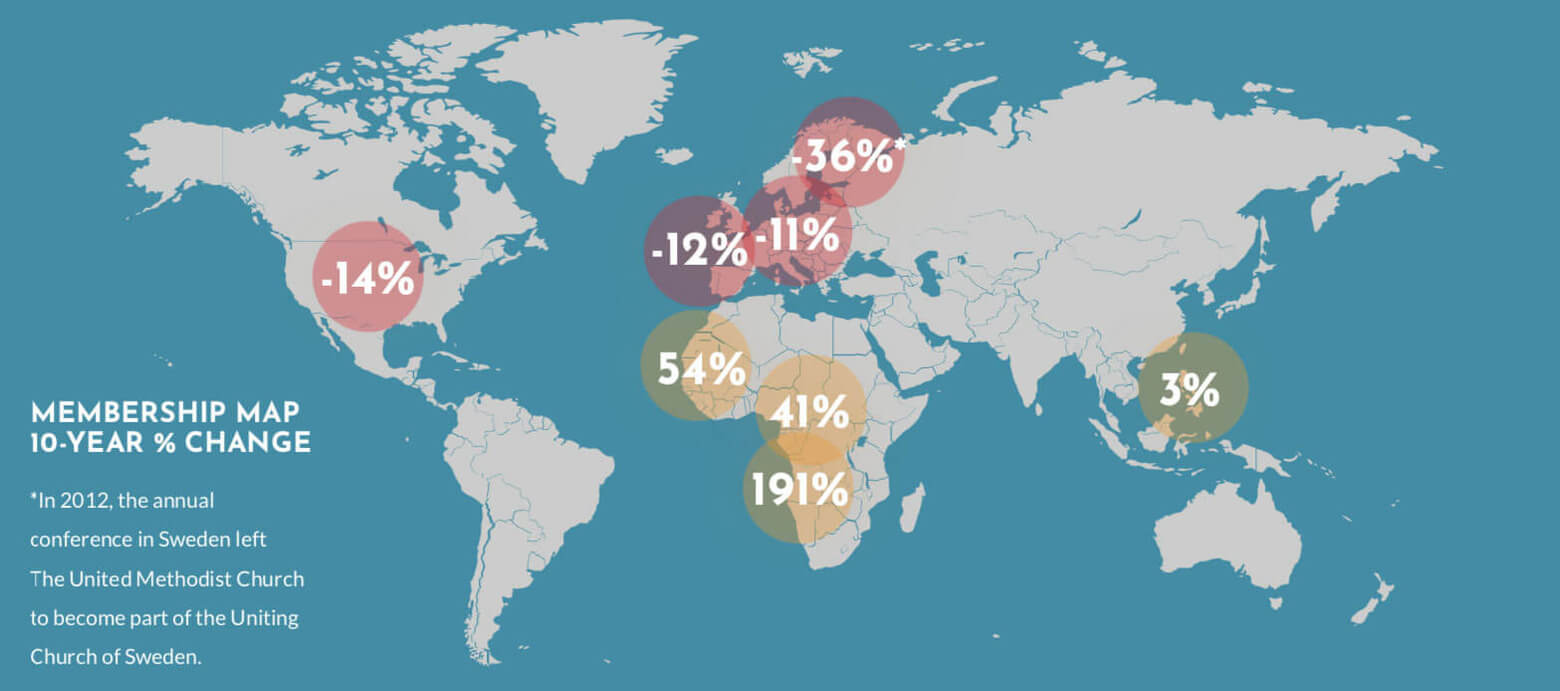A key culture shift for The United Methodist Church that the Connectional Table (CT) is engaging in partnership with the Council of Bishops, the Standing Committee on Central Conference Matters, general agencies and others, is the shift from a U.S.-centered denomination to one that is more fully worldwide.
The CT organizes its work around a vision for a worldwide church as articulated in ¶125 from the Book of Discipline: “Integrally holding connectional unity and local freedom, we seek to proclaim and embody the gospel in ways responsible to our specific cultural and social context while maintaining a vital web of interactive relationships.” We live into this vision as we fulfill the mission of The UMC.



